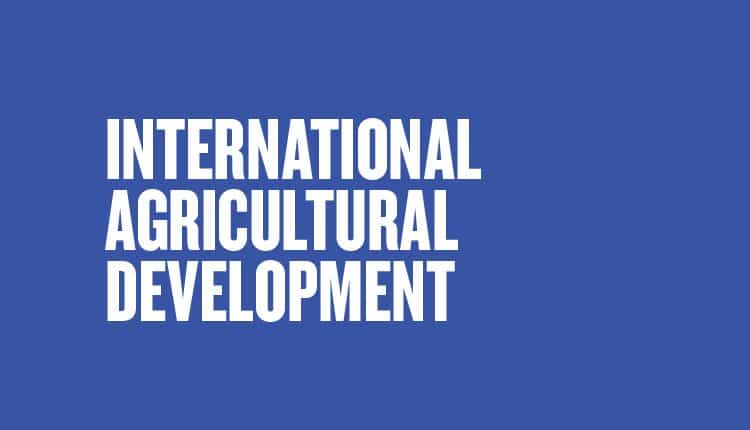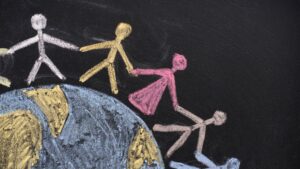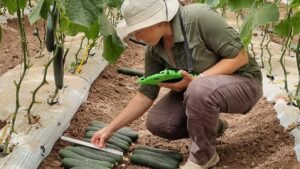It started with misunderstanding. Was the discussion about a seed cucumber business or Sea Cucumber business? I’d known the participants for a while and always found them to be creative: Rick Burnette, director of agriculture for ECHO, and ECHO volunteer David Headley.
Recently they teamed up to ground-truth a development approach called Business as Mission (BAM) for application to agricultural development. The duo hopes to determine whether this approach merits inclusion in ECHO’s small-scale agricultural development portfolio.
ECHO prides itself on developing and supporting others by providing innovative approaches to small-scale farmer development.
Burnette and Headley decided to evaluate the existing generic BAM model for applicability to agricultural development. Their reason? Traditional Christian missionary approaches can sometimes be unwelcomed or illegal. Amid today’s heightened level of global social tension, BAM’s agricultural development efforts may be more warmly received than traditional approaches.
Burnette and Headley cited Malaysia as being one example. Still in the early days of their efforts to ground-truth the BAM model for agricultural development, they engaged with Steve, a missionary with 10 years of experience, living in Indonesia. Steve had devoted the prior three years to researching mariculture — a specialized branch of aquaculture.
The sausage-shaped, leathery and warty animals known as Sea Cucumbers are echinoderms, like starfish and sea urchins, and can be found on ocean floors. Considered a culinary delicacy and folk-medicine ingredient by some Asian communities, they can be in high demand. Depending on the species, sea cucumbers can sell for as much as $300 a pound in China and Hong Kong. Steve envisions the communities in his charge will reap economic benefit from this high demand product via the BAM approach.
Steve is working to establish a viable Sea Cucumber business (not seed cucumber as I had mistakenly thought) using a BAM approach. He does not know how it will ultimately work out, but his effort — in collaboration with ECHO — is a work in progress.
A vertically integrated business platform has been designed, first to produce sea cucumber fingerlings. Next, there needs to be a partnership with local coastal communities to grow the fingerlings to market size; then onto to the local processing of market-sized sea cucumbers. Finally, to merchandise a line of finished products — commercialization is to be the final stage. While progress is currently being made toward these ends, products have yet to be marketed.
Steve feels the BAM approach is helpful. He admirably intends to fully reach his goal without donor aid or foreign assistance. His goal is to support multiple workers, primarily nationals, living along remote coastal regions. “Many of these communities are suspicious of outsiders and anyone entering the community (to perform development work) needs a logical reason to go to the trouble and expense to work in these communities,” states Steve.
When asked about specific challenges he’s encountered thus far, Steve was quick to point out two. The first being, “Really too numerous to mention,” but with the second he drilled down.
“From top to bottom, we have to explain what we’re trying to do and why it can work. Sometimes it feels like we spend more time and effort doing this than we do just working toward making the business productive”, says Steve.
A recent SWOT analysis revealed four categories of threats: Navigating local bureaucracies and petty corruption; poaching, theft and vandalism; competition from other countries; and an inability to more fully capitalize on opportunity due to lack of funding.
These should not come as surprise to those having international agricultural business experience. The seed industry might benefit from the movement’s focus on holistic transformation and the multiple bottom lines of economic, social, environmental and spiritual outcomes. Incorporation of projects that can foster sustainable seed business development may contribute to the strengthening of the global industry.
“We are serious about having a triple-bottom line (people, planet, profits) and our objective is to achieve all these things,” says Steve. ECHO stands as Steve’s valued collaboration partner, yet the fate of BAM within the ECHO portfolio remains unknown.













